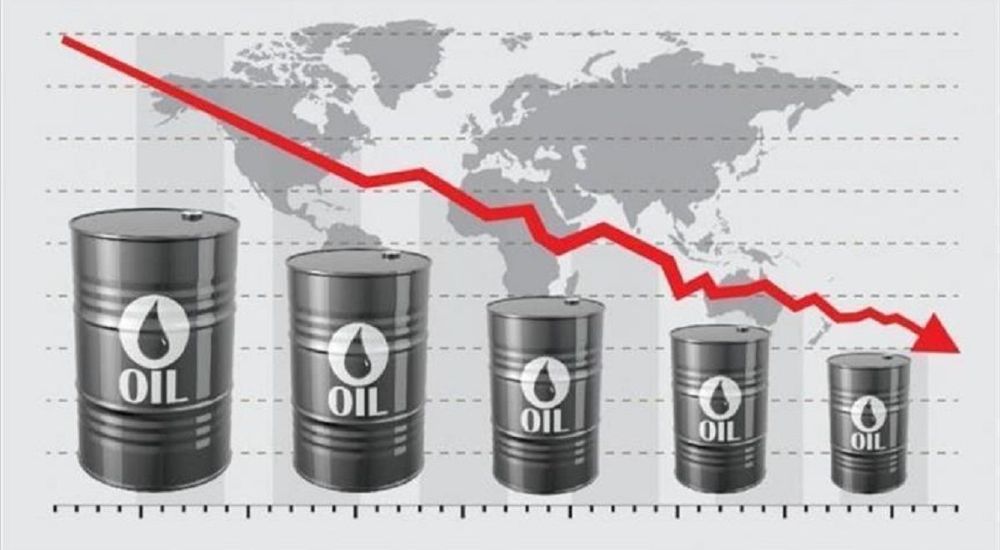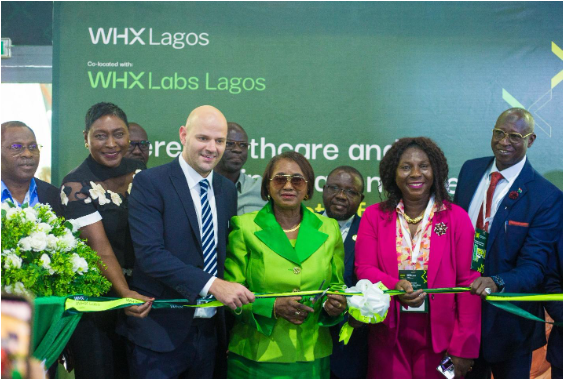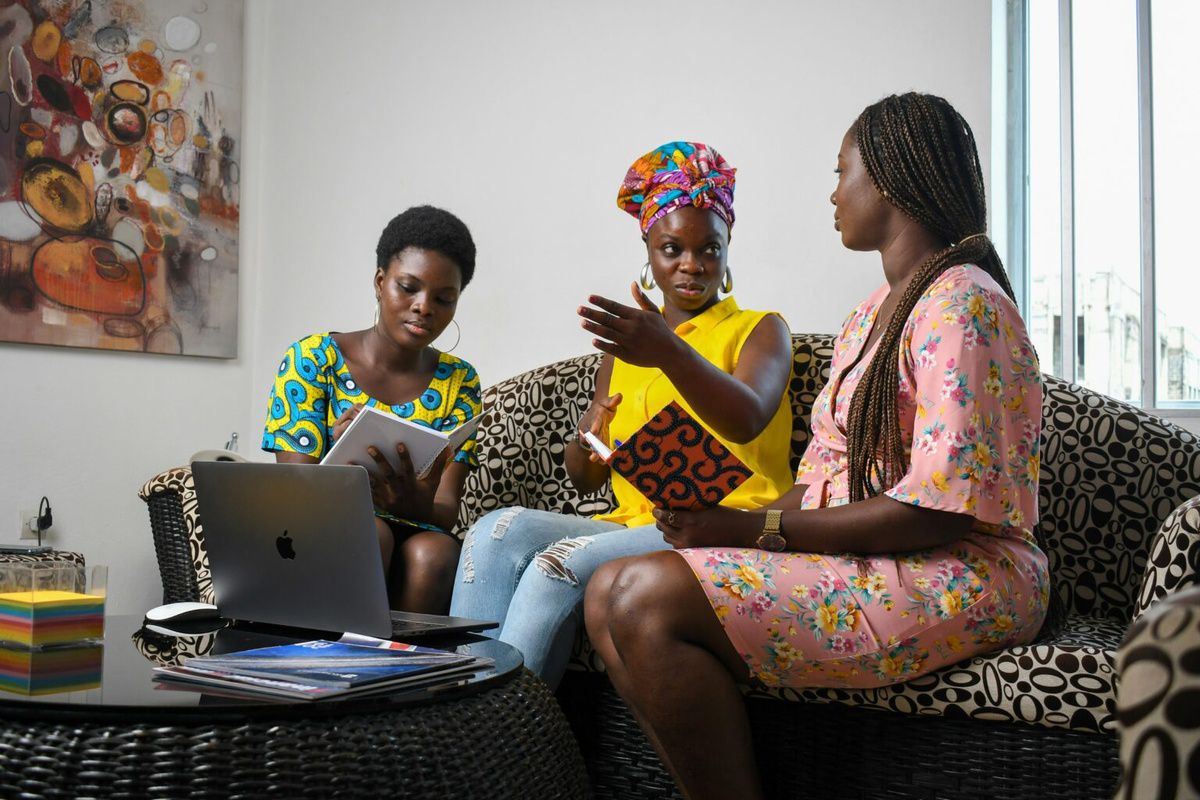ABCON Seeks Measures From FG To Tackle US Trade Tariffs

The Association of Bureau de Change Operators of Nigeria (ABCON) has called on the Federal Government to strengthen economic ties with key global markets such as India, China, and African nations, in a strategic move to cushion the impact of the 14 per cent tariff hike on Nigerian exports imposed by former U.S. President Donald Trump.
President of ABCON, Dr. Aminu Gwadabe, who issued the advisory, emphasized the urgent need for Nigeria to diversify its foreign exchange earnings and reduce reliance on oil exports.
The new U.S. tariff, which has affected Nigerian exports, has added pressure on the country’s already strained economy, particularly in the areas of liquidity and foreign exchange stability.
“Nigeria, being a mono-cultural economy that relies heavily on petro-dollar receipts, must embrace strategic trade partnerships with alternative markets such as India, China, and African economies,” Gwadabe stated.
He noted that the tariff regime from the U.S. administration has made Nigerian products less competitive in the American market, leading to declining exports and significant revenue shortfalls. Gwadabe described the global trade environment as one of increasing tension, warning that such tariffs are “raging like wildfire across jurisdictions.”
The ABCON president urged the Federal Government to adopt a forward-looking approach by diversifying its trading partners and enhancing the export base beyond crude oil.
He called for increased support for local production of exportable goods, noting that strengthening domestic manufacturing would enhance Nigeria’s economic resilience in the face of shifting international trade dynamics.
In addition to trade diversification, Gwadabe advised the Central Bank of Nigeria (CBN) to take more decisive steps to stabilize the foreign exchange market.
Specifically, he called on the apex bank to compel commercial banks to channel their interbank forex proceeds to Bureau de Change (BDC) operators to enhance liquidity and reduce volatility in the market.
“The CBN should ensure that not only the interbank market but also the retail segment benefits from liquidity injections. Small and medium-sized enterprises (SMEs), as well as individuals involved in invisible transactions, need improved access to foreign exchange,” he said.
Gwadabe acknowledged the CBN’s recent efforts to address market instability. The apex bank recently injected $197.71m into the foreign exchange market through sales to authorized dealers in a bid to ease pressure on the Naira and stabilize inflation.
Despite these interventions, Gwadabe expressed concern over the widening gap between official and parallel market exchange rates.
As of the latest reports, the official rate stood at N1,635 per dollar, while the parallel market hovered around N1,570 per dollar, signaling ongoing strain in the FX market.
He warned that unless immediate steps are taken to expand Nigeria’s trade alliances and increase non-oil exports, the economic impact of U.S. tariffs could deepen, further weakening the Naira and exacerbating inflation.
ABCON commended the CBN’s consistent interventions but stressed the importance of aligning monetary policy with broader trade reforms.
Gwadabe concluded by reaffirming ABCON’s commitment to supporting the federal government’s efforts to stabilize the economy and enhance global competitiveness.
ABCON Seeks Measures From FG To Tackle US Trade Tariffs is first published on The Whistler Newspaper




